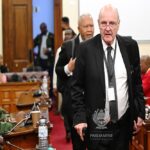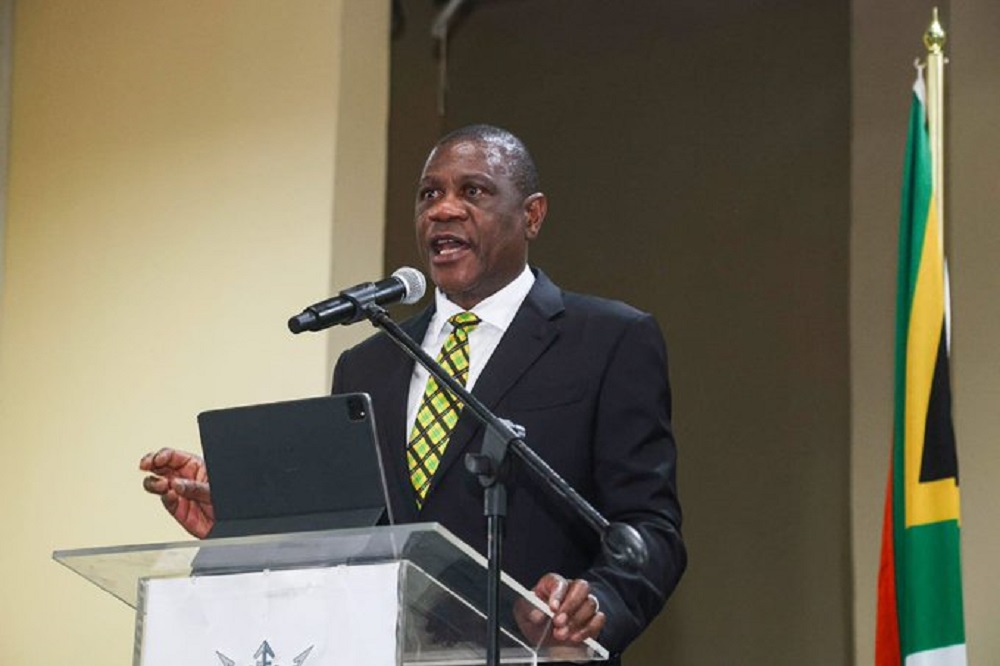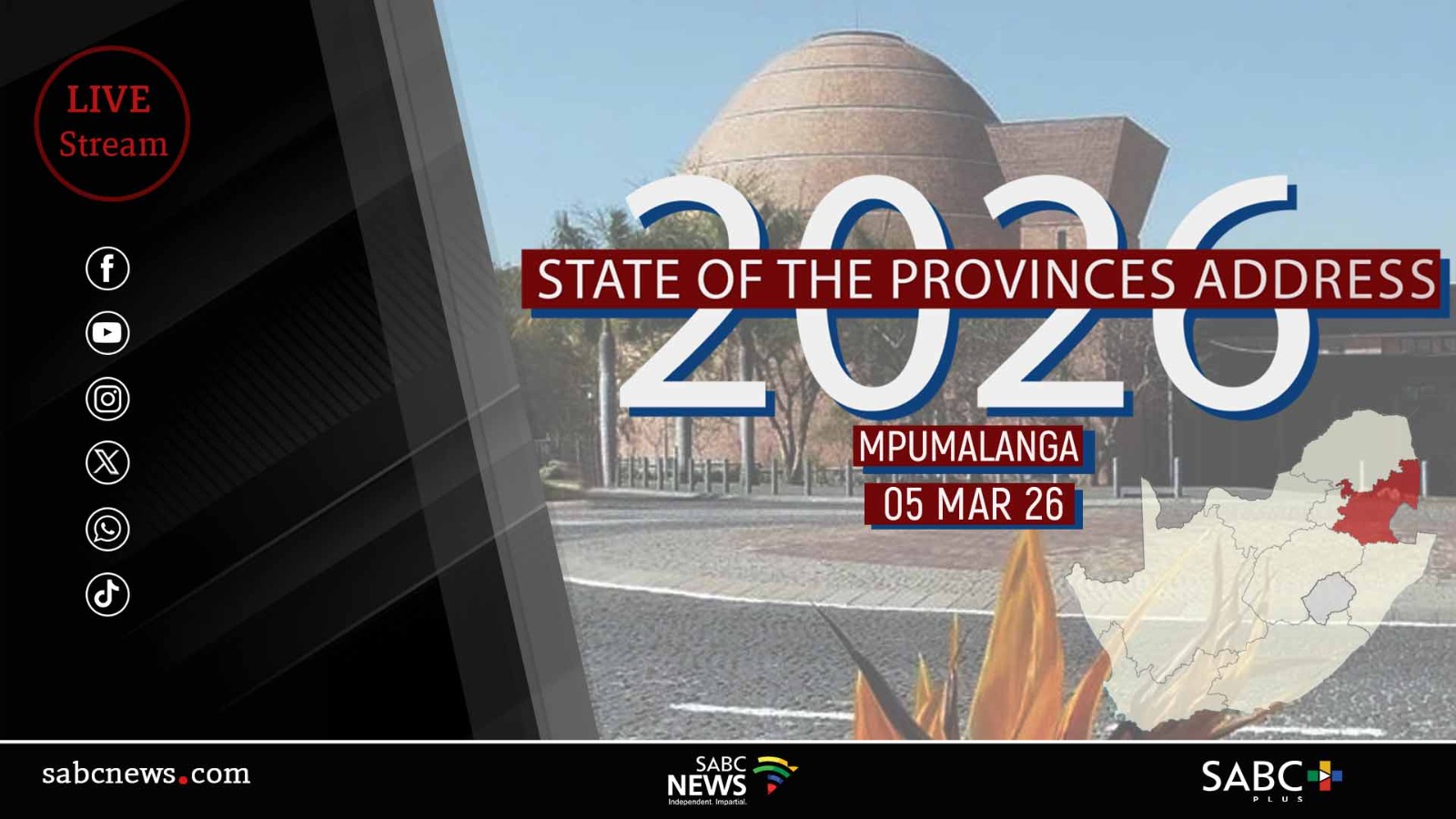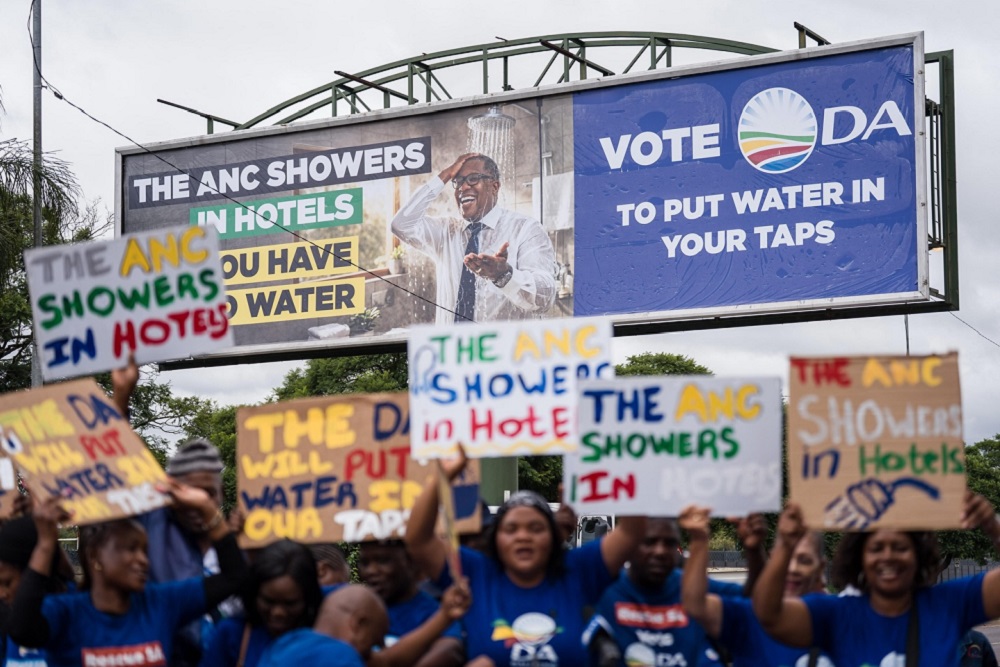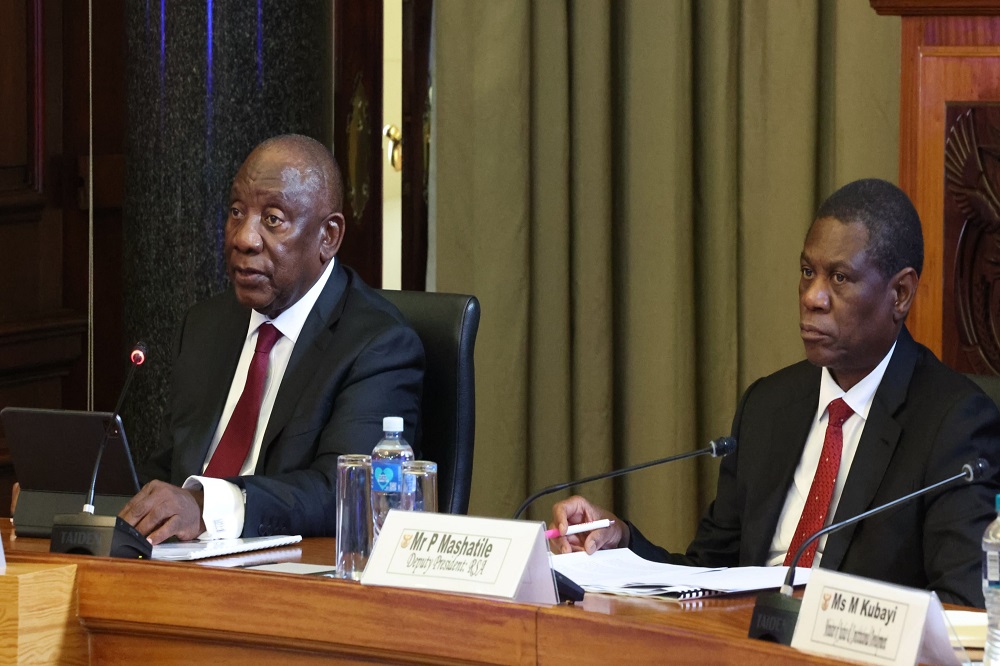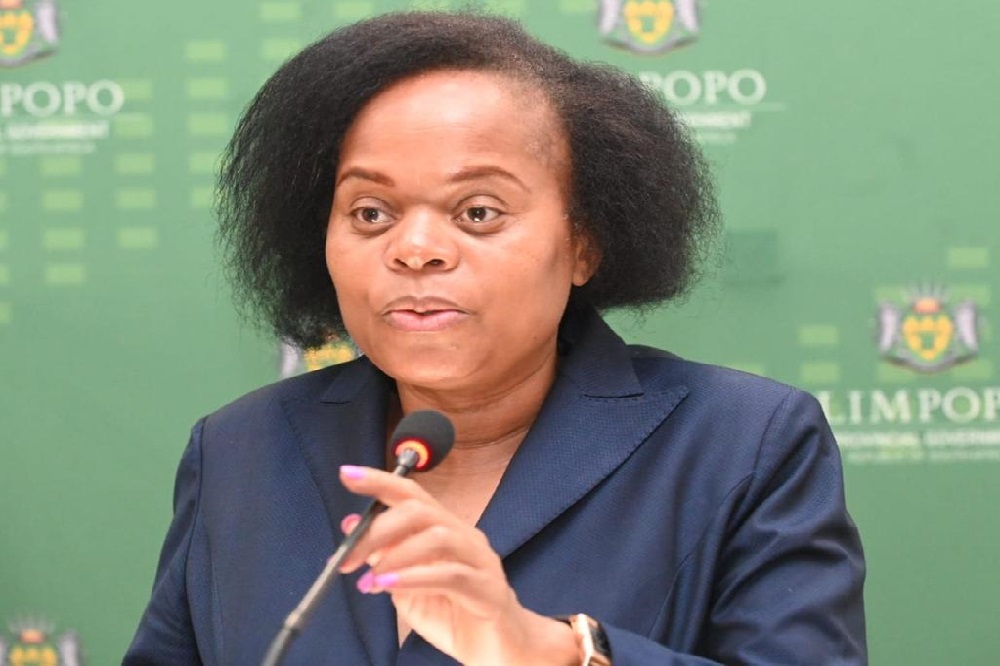-
Deputy President Paul Mashatile speaking at the funeral of Comrade Moruti Maphatsoe, 15 November 2025.
Deputy President Paul Mashatile will officially open the three-day G20 Social Summit in Boksburg in eastern Johannesburg later on Tuesday.
It is a precursor of the two-day Leaders’ Summit, which will start on Friday.
The Social Summit will bring together civil society voices that will contribute to the G20 decision-making process.
The Social Summit concept started in Brazil last year, and building on the idea of entrenching civil society input into the G20, South Africa wants to ensure that the summit elevates issues of social development, equity, and inclusion to the same level as financial concerns.
Video | Mashatile to open the three-day event:
The three-day meeting brings together representatives from governments, civil society, labour, youth, women and persons with disabilities, among others.
The summit seeks to ensure that the lived experiences of ordinary people help to shape G20 outcomes.
Almost 5000 delegates are expected to attend, with at least eleven thematic areas set up for discussion over the next three days.
Both President Cyril Ramaphosa and his Brazilian counterpart Lula da Silva will feature on the last day.
South Africa has demonstrated a strong commitment in its foreign policy by advocating for principles such as justice, solidarity, equality, peace, and respect, all grounded in its dedication to human dignity.
G20 Social Summit:
📍 Birchwood Hotel, Ekurhuleni, Gauteng Province… pic.twitter.com/5ko0XYCLnE
— Paul Mashatile🇿🇦 (@PMashatile) November 18, 2025
Meanwhile, the Congress of South African Trade Unions (COSATU) has called on leaders to address the increasing prevalence of social ills plaguing the country, as they appear on various stages leading up to the G20 summit.
The aim of the two-day summit is to amplify the voices of civil society, grassroots organisations and communities, focusing on global issues affecting them.
COSATU national spokesperson Zanele Sabela says there is a crisis of unemployment, poverty and inequality.
Sabela adds that women’s work is not valued as much as men’s work.
“We also have a problem of the youth in this country, where we sit, over 70 percent of youth between the ages of 15 and 24 are unemployed. The other thing that we don’t speak nearly enough about is people with disabilities and how they are catered for,” says Sabela.
Related video | One in four people face food insecurity:





